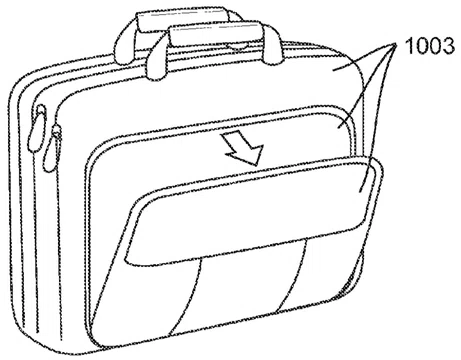
We've talked before about a common question in patent cases: whether parties can (or have to) address indefiniteness during the Markman claim construction process. The answer varies greatly by judge.
The Markman process sometimes occurs early in the case, and parties have to make a call fairly early-on about whether they want to address indefiniteness early in the case, or wait until later.
Plaintiffs usually want to defer indefiniteness for later to keep the case going as long as possible. Defendants, on the other hand, can go either way: Often they want to address indefiniteness early to resolve the action, but sometimes they aren't quite ready and prefer to wait as …





